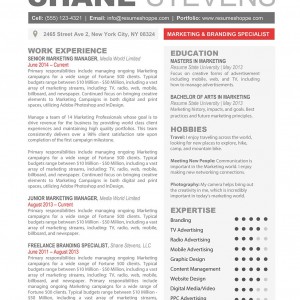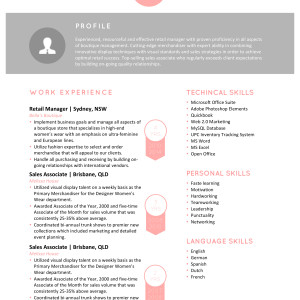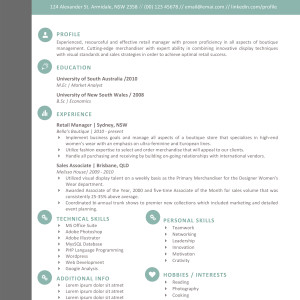Hacking the Invisible Job Market By Networking
Experts say that a mere 20% of jobs are advertised and that the remaining 80% of existing jobs are in the “invisible job market.” As unfair as it may be that you have no easy way of learning which companies are offering which professions, which may or may not pertain to you, there is a way to gain access to the invisible job market other than having the perfect resume.
To successfully navigate your way to the unadvertised jobs, you need to have excellent networking skills. But what exactly does networking mean? How does one network at all, let alone exceptionally well?

Basically, networking is talking to many professionals in a particular company, establishing connections, and using those connections to learn more about said company and to learn about the unadvertised positions. Professionals enjoy hiring someone that they already know, rather than having to go through:
- The labor-intensive (and expensive) process of sifting through applications and resumes,
- Calling people for references,
- Conducting potentially multiple rounds of interviews for several candidates, and ultimately
- Spending even more time negotiating salaries and bonuses.
If you are an extroverted or outgoing individual, the concept of going out and meeting professionals might be exciting, or, at the very least, easy; it is fundamentally talking to people and exchanging contact information. For the introverts, the shy people, or the inexperienced, the task of networking becomes much more daunting and infinitely more complicated. What do you say? Where do you network? What do you do?
Below are some tips for effective networking, and the answers to the aforementioned questions.
WHERE DO YOU NETWORK
The first step of networking is actually finding the people you need to talk to. You can find people to formally network with at career fairs and on online places like LinkedIn. However, networking can be a fairly informal process. Look at who you know and where they work- networking with those people could mean getting a cup of coffee with them and asking some questions about their company and position.
WHAT ARE THE RIGHT QUESTIONS TO ASK?
Asking the right questions shows your motivation to working at that particular company, your knowledge about the particular job sector, and whether you would be a right fit for a certain position. Good questions to ask while networking fall under certain categories, and those categories allow for the networker to do more talking, rather than you. The categories are:
- Details of the work. Examples include “What is a typical day look like for you?” “How did your degree translate into your career?”
- Examples include “What parts of your job do you enjoy?” “What are the biggest challenges you face?”
- Progression and development. Examples include “What is the typical progression timeline?” “How do you know whether you’re doing a good job?”
- “Is there a particular type of person who works at X? “What are the opportunities to socialize and get involved with activities outside of work?”
- Route in. “Where are opportunities for this type of role advertised? How else do vacancies get filled? “What is the typical recruitment process involved?”
WHAT DO ELSE DO YOU DO WHEN YOU NETWORK?
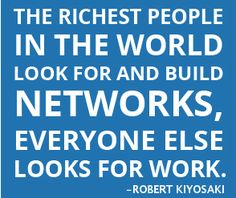 Besides asking networkers questions, there should be an exchange of contact information in some fashion. You should either receive the business card of the person you are talking to, or a way to talk to another person that would pertain more to you.
Besides asking networkers questions, there should be an exchange of contact information in some fashion. You should either receive the business card of the person you are talking to, or a way to talk to another person that would pertain more to you.
Besides that, it would be wise to carry a few copies of your CV or resume in case someone asks for it. But other than that, do not thrust it onto a person without previously asking for a business card. That way, you are exchanging your information for their information.
Now that you understand networking a little bit more, you will have greater access to a greater amount of jobs. Happy job-hunting!

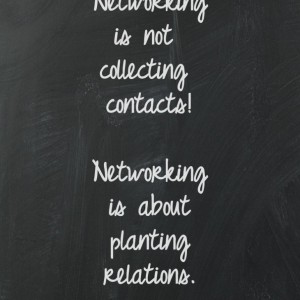
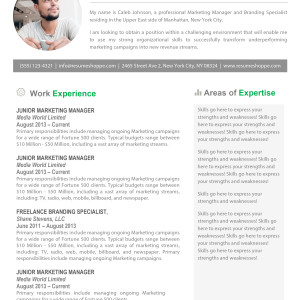 The Caleb Resume
The Caleb Resume 